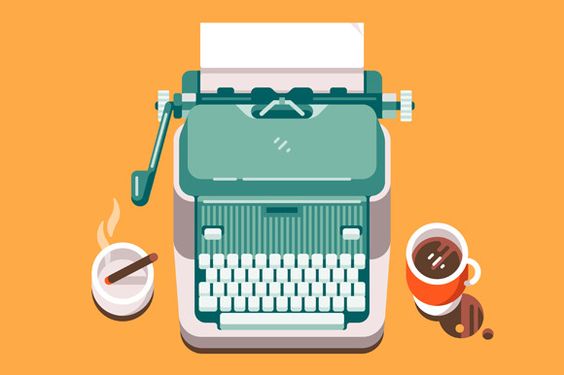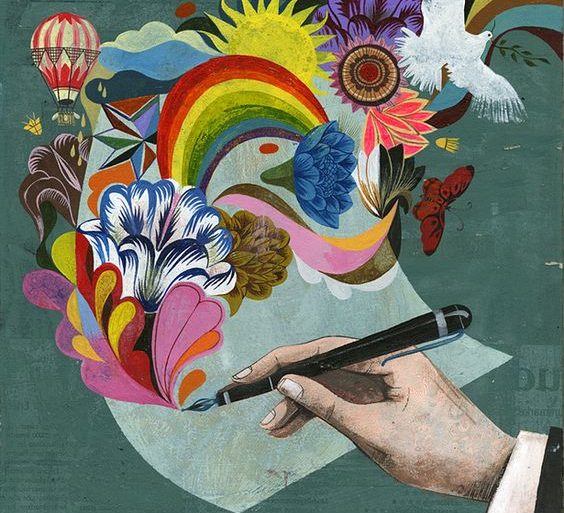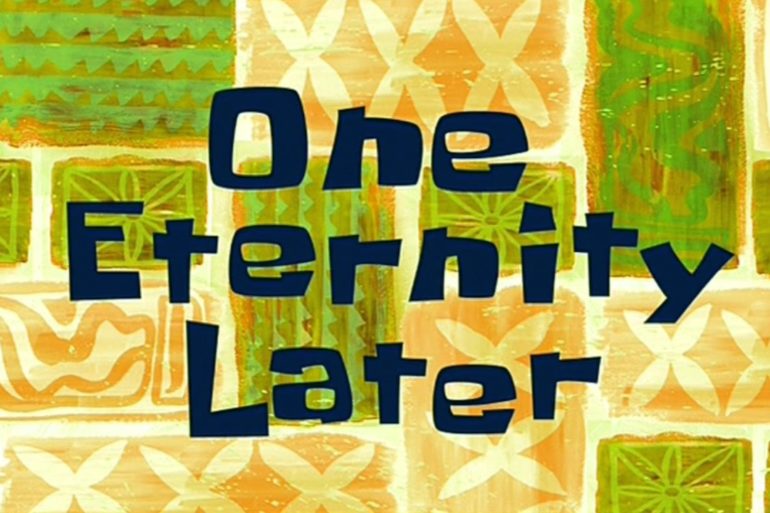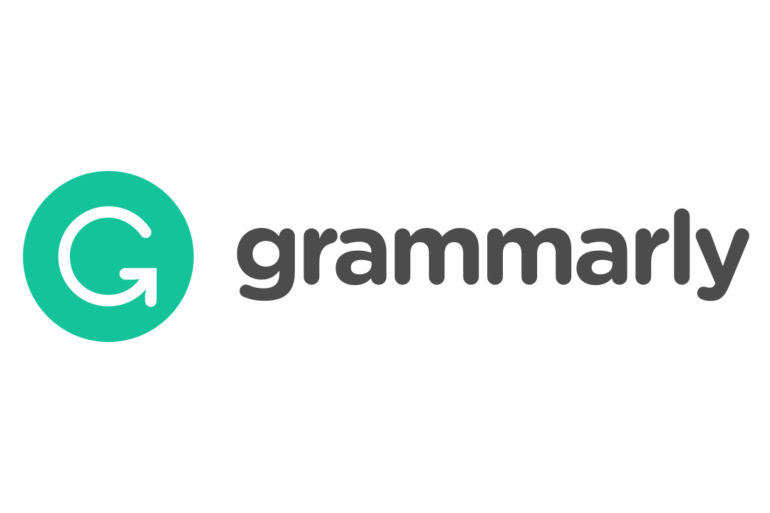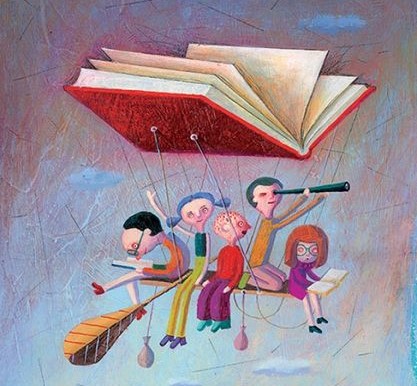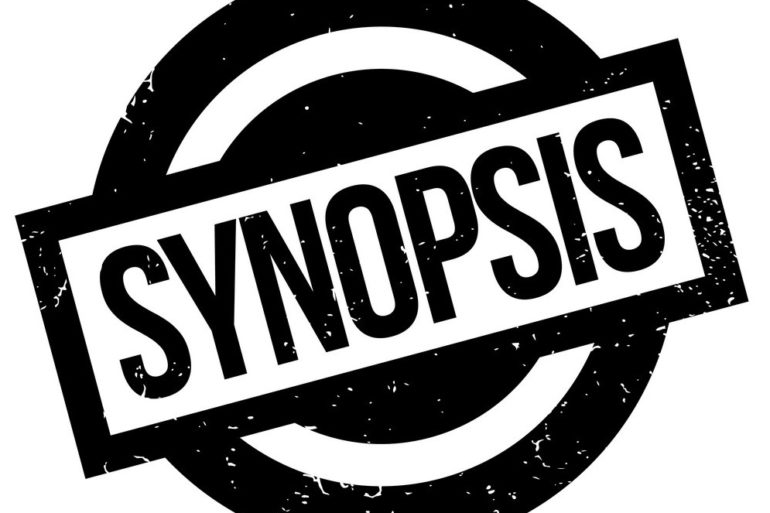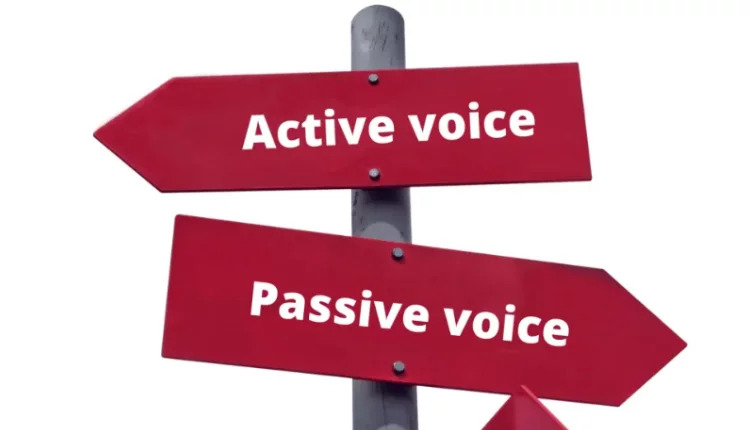Are you a writer who wants to make sure your writing is clear, accurate, and professional? If so, understanding the Oxford comma can help. The Oxford comma (also known as the serial or Harvard comma) is a punctuation mark that provides clarity in sentences with multiple items. It helps writers avoid confusion when listing things in a sentence. While some style guides don’t require it, many do—including APA Style and ...
Read MoreThere is no one way to write a story. In fact, there are as many ways to write a story as there are stories themselves. But that doesn't mean that there aren't some tried and true techniques that can help you make your writing more effective. This guide will walk you through the basics of how to write a story, from coming up with an idea to refining your work for ...
Read MoreIf you’re a writer, then you know that plot is essential. But what exactly is the plot? And how do you create one that will keep your readers engaged until the very end? In this article, we’ll explore the definition of a plot, and we’ll offer tips on how to create an engaging and satisfying story arc. So whether you’re writing a novel, a play, or even a short story, read ...
Read MoreIn literature, art, and other creative works, symbolism signifies the use of certain symbols to represent a deeper meaning. These symbols can be anything from characters and setting to colors and objects. Understanding symbolism and using it effectively is essential for all writers. In this article, we will get started on exploring what is symbolism and delving into using the same in your writing. What is symbolism? Understanding the use ...
Read MoreLiterary devices are tools that writers use to create the desired effect in their writing. There are many different types of literary devices, and each one has its unique purpose. By understanding what these devices are and how to use them, you can make your writing more powerful and effective. In this article, we will discuss what literary devices are, the different types of literary devices, and how to use them ...
Read MoreWhat follows the ending of your book? At times, you may find that your ending needs to be accompanied by a concluding piece that offers closure- an epilogue. In this article, we will look at understanding what is an epilogue and how to write an engaging epilogue. Let's get started. What is an epilogue? Understanding the purpose of epilogues Understanding the importance of epilogues Difference between an epilogue and an ...
Read MoreProofreading is the process of reviewing and correcting text for errors, typos, and inconsistencies. It is an important step in the editing process and can help to improve the overall quality of a document. Proofreading can be done by hand or using a proofreading tool or software. In this article, we will discuss how to proofread text manually, as well as how to use a proofreading tool or software. What ...
Read MoreIf you’re a writer, then you know that good grammar is essential for effective writing. But even the best writers sometimes make mistakes, and that’s where Grammarly comes in. Grammarly is a powerful online tool that helps writers detect and correct grammar mistakes, ensuring that their writing is always polished and error-free. Grammarly offers the free version and premium version which users can access according to their needs. This article will help ...
Read MoreIf you're writing a book and looking for ways to bring it alive, anecdotes are the answer! An anecdote is a story in a shorter version, more focused on one particular instance or time. It brings out what you feel about the subject in a more vivid way than just plain facts and figures. In this blog, we'll delve into what an anecdote is and how to write one effectively as ...
Read MoreAre you a writer working on the synopsis of your book right now? Writing a synopsis can be both challenging and exciting. Synopsis can be useful for providing an overview when pitching work to agents or publishers. In this article, we'll cover how to write an effective synopsis. We'll discuss what should be included and how to concisely communicate the key points of your story. So whether you're hoping to sell ...
Read MoreIf you're a writer, it's important to understand the difference between active voice and passive voice. In this article, we'll explain active voice and passive voice, and how you can use them effectively in your writing. We'll also go over some tips on how to spot any mistakes you might make so that you can make sure your writing is as clear and concise as possible. Let's get started. What ...
Read MoreThere are two main types of characters in any story: protagonists, and antagonists. Each one has a specific role to play, and if you want to write a compelling story, you need to understand how each one works. Protagonists are the good guys. They’re the ones who drive the story forward, and their goal is always to achieve something positive. Antagonists are the bad guys. Their goal is always to stop ...
Read More


